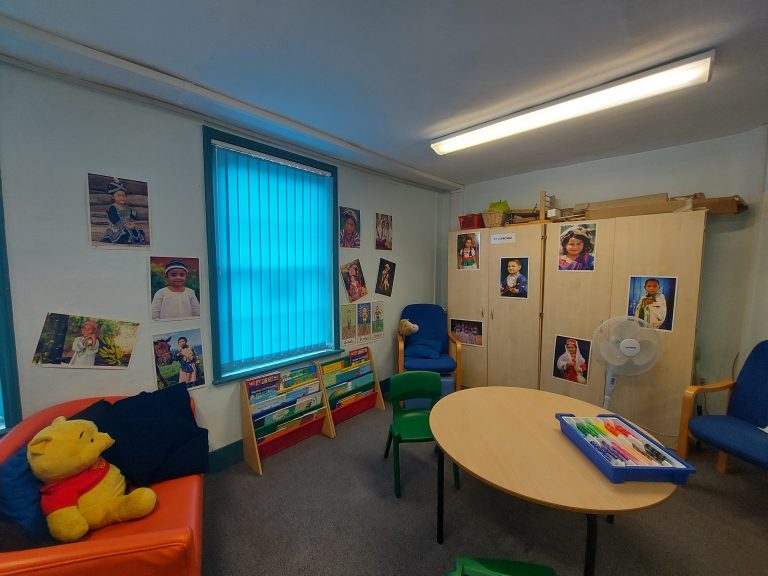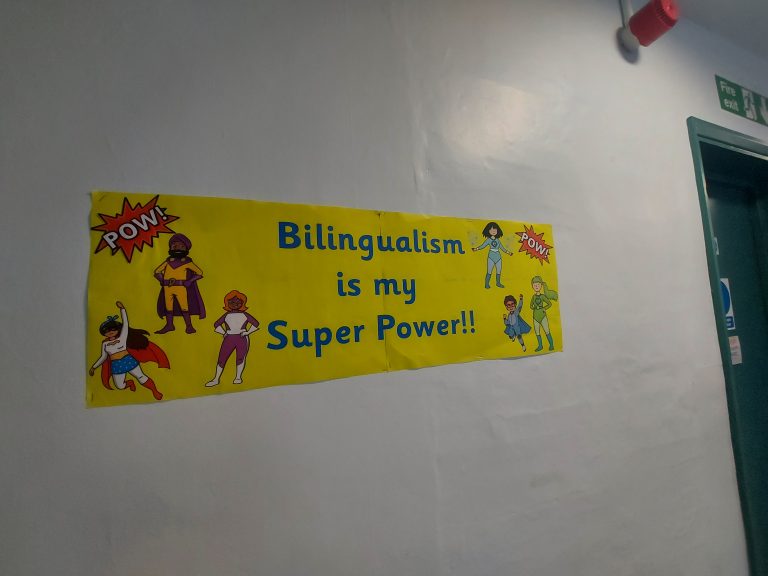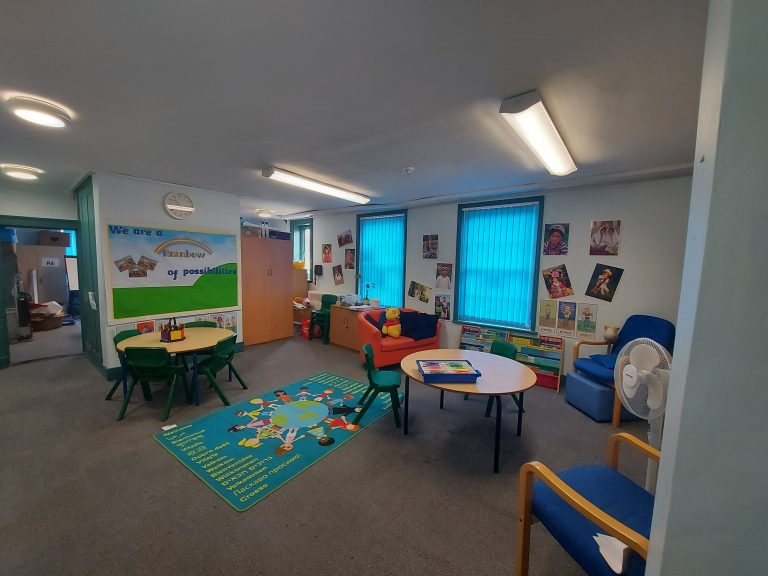As a Learning behaviour lead, I have undertaken the comprehensive training programme based on the Educational Endowment Foundation guidance and the 5 pillars of ‘Learning Behaviour’ framework. These sessions included Metacognition, Social and Emotional Learning, improving behaviour within schools, parental engagement, putting evidence to work and process evaluation and impact evaluation.
I then discussed with key leaders within the school what our identified barriers to accessing learning would be. We discussed behaviour of individual children and targeted groups such as specific EAL groups who perhaps were not engaging as much as we would have hoped and these were identified.
I used the appropriate evidence and observation methods to gain a holistic picture of what the school demographic looked like before any changes were implemented. I knew early on that the pillar of learning most appropriate to this case study would be the parental engagement learning pillar and guidance.
I then wrote a securing Engagement Action Plan, this outlined how the school would support the engagement of this group of children. This plan “unlocked” an inclusion grant that we could use to provide funding and resources for these children/groups. This was then sent to my Project lead and the plan was redrafted so that feedback was acted upon from the Ipswich Opportunity Area.
It was then time to start the action phase of the project, during this time I was made a key person for the specific children identified, I would hold meetings with relevant members of staff to create a plan of action that I could act upon. The school employed a Romanian Translator to build a bond with our Roma parents who seemed to be one of our areas that we wanted to improve. It was important that this bond was consistent and regular from the same individuals each time.
It then became clear that communication due to the language barrier seemed to be the most prevalent factor in these parents not engaging. From then on, all communication via school was translated into Romanian in the format of phone calls, translated letters and text messages. It suddenly became clear that cultural expectations were different and so it was important to establish ground rules so that both the school and the parents understood the expectations. An example of this would be that the children would not attend school and would not have a reason, chasing the parents to find the reasons meant that the parents became more open and communicated issues with the school more, meaning that we could access the appropriate help for them.
We then discussed with senior leaders’ important days in the cultural calendar, this meant there was opportunities for children and parents to feel included and valued within our school community. For example, within Roma culture, Mother’s Day, Easter Sunday and Gypsy, Roma, Traveller history month are all important celebrations that need to be acknowledged within school and differ from the English calendar which we did not know originally.
It had been such an important aspect within our school for developing this area fully that it was essential for Senior leaders to undertake EAL training. Within this, we developed our admission process to make it easier and a smoother transition for our parents and children and enabled us as a school to gain relevant information for key staff such as teachers, inclusion and pastoral team and the office staff who were made aware of any issues that could affect their communication or attendance.
We are continually aiming to reduce this barrier and we have now set up coffee mornings that include stay and play for children under 4 to highlight the importance of education from an early age. It also enables parents to learn English in a safe space and offers the opportunity for parents to discuss any concerns they may have, both within school and at home. We have listened to the children and set up a club for them to play afterschool, this allows traveller families to gain early years development that they may have missed due to not being able to access toys or books.
We have made parents evening’s accessible with the use of a translator, this allows parents to be more involved with their children’s learning.
We have made staff more aware of cultural differences between different communities meaning that more staff can pick up on issues as they arise and they can be resolved quicker. We have also employed an EAL coordinator who is within school full time and can promote best practice within EAL communities and strengthen the relationship between parents, school, and the children.



